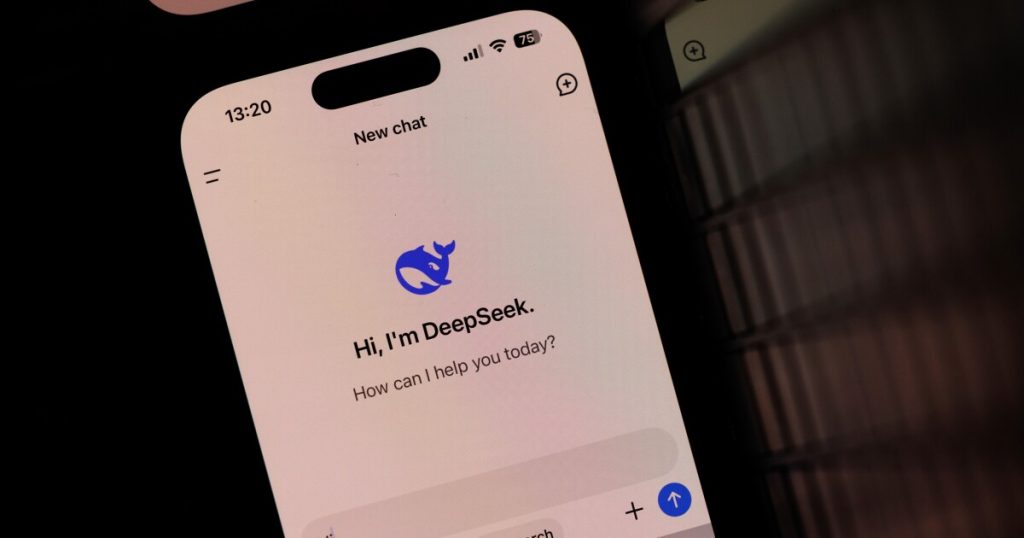Congress has proposed that government employees be banned from downloading DeepSeek to smartphones, laptops and PCs.
Reps. Josh Gottheimer, D-N.J., and Darin LaHood, R-Ill., on Thursday introduced the “No DeepSeek on Government Devices Act,” which would ban federal employees from using the Hangzhou, China-based startup’s AI assistant on government-owned electronics. They cited the Chinese government’s ability to use the app for surveillance and misinformation as reasons to keep it away from government workers.
“We simply can’t risk the [Chinese Communist Party] infiltrating the devices of our government officials and jeopardizing our national security,” Gottheimer said in a statement. The U.S. Navy also recently warned members to avoid using DeepSeek “in any capacity,” due to “potential security and ethical concerns.”
For financial institutions, DeepSeek appears
Some tech companies have made this choice. Oracle doesn’t let employees use DeepSeek out of worry that sensitive information and intellectual property could leak out.
In addition to security and privacy questions, “there’s a lot of concern with DeepSeek and the way it’s redacting things,” Jason Somrak, chief of product and strategy, financial crime and compliance at Oracle, told American Banker.
“You type something in, and it gives you the answer, and then it’s, oh, I didn’t give you that answer, and it takes it away,” Somrak said. “I think there’s a lot of risk to that at this point. So I don’t think people at banks should be having access to that on their devices.”
AI agent startup Auquan also does not use DeepSeek, “mostly because our customers are not open to using DeepSeek,” CEO Chandini Jain said. In addition, it’s not clear what data DeepSeek stores and doesn’t store, she said.
“Until we understand more, we’re not planning to integrate it into a platform,” Jain said. “Is banning it the right way? I don’t know. That seems quite extreme versus a cautious, wait-and-see approach.”
Attorney Aslam Rawoof, a partner at Benesch in New York, advises banks to be cautious about DeepSeek, particularly in this political environment.
“You have two problems,” Rawoof said. “One is a real, substantive concern that DeepSeek will collect data and share it with the Chinese government.”
There’s also a more cynical concern, he said. “Even if there is no real security concern, the political environment today is very negative toward the Chinese government and very much in favor of an America-first approach,” Rawoof said. “So even if DeepSeek is not that harmful, you could get punished down the road just on pure protectionist concerns.”
It’s also an early-stage technology, Rawoof said. “It’s unclear how the models receive data, process and train themselves on the data,” he said. “So once data is provided, it’s sort of a black box, and how it will be used, and until there’s clarity” banks should be careful.
Some people have suggested that companies could run an open-source version of DeepSeek on their own servers securely. But this is doubtful and questions remain about Chinese government censorship.
“Some of the early evidence about DeepSeek has not been encouraging,” Rawoof said. “For example, how it has censored itself if you ask certain questions that are sensitive about China, for example, asking it about Tiananmen Square, that incident in 1989, it starts to respond in a way that you would expect ChatGPT to respond. And then it says, ‘Let’s talk about something else.’ If you ask it about Tibet, or you ask it about Xi Jinping, you see evidence of censorship.”
There’s also evidence that user data is shared with China Mobile, which is not allowed to operate in the U.S. and has ties to the Chinese government, he said.
“It’s just too early to tell,” Rawoof said.

